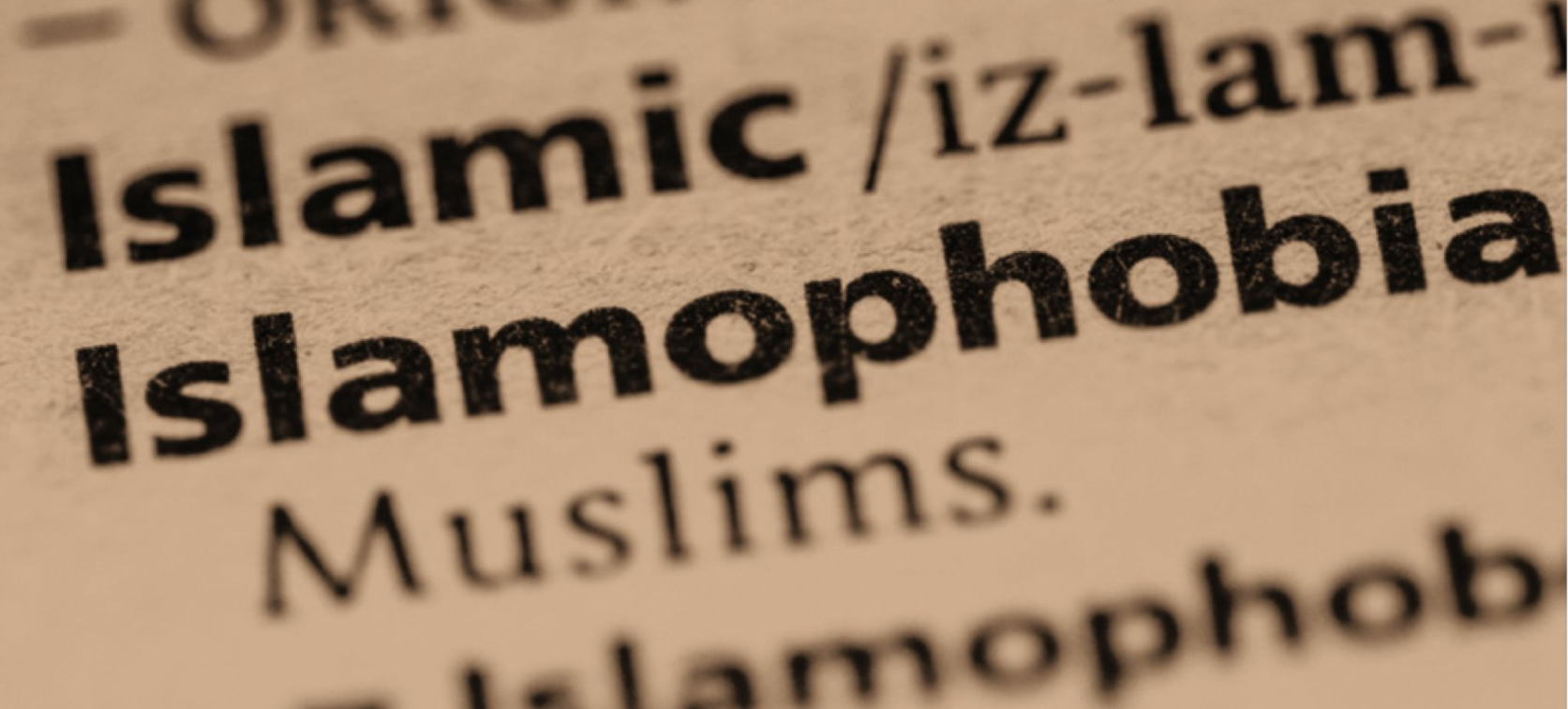The moment you accept a definition, you hand over the playbook — you let others decide the terms, tone, and terrain of the debate. Definitions may appear neutral, but they are instruments of power. They dictate who can speak, how they can speak, and about what they are allowed to speak.
That’s the danger in the current British conversation. We are told that the definition of Islamophobia must protect “the right to criticise religion” — as if the problem were too little freedom. But in the same breath, the freedom to debate Zionism is policed, penalised, and pathologised.
So we end up with a double standard:
- Muslims are told to toughen up, to tolerate mockery of their faith in the name of free speech.
- Critics of Israel or Zionism are told to shut up, lest they cross an invisible line into antisemitism.
The result is not clarity — it’s control. Definitions don’t resolve tensions; they manage dissent. They turn moral discourse into administrative language, shifting power from public conscience to bureaucratic gatekeepers.
Freedom of expression only means something when it applies consistently. The moment it becomes selective — fierce for one cause, fragile for another — it ceases to be freedom at all.
A Nation Addicted to Dismantling the Sacred
Britain has always loved to criticise religion — not to understand it, but to dismantle it. From the Enlightenment to the New Atheists, each generation of thinkers has worn down faith in the name of progress.
In the 18th century, Voltaire’s influence spread through British salons; scepticism became the mark of intelligence. By the 19th century, Darwin’s Origin of Species gave scientific credibility to unbelief. In the 20th, Bertrand Russell’s Why I Am Not a Christian made doubt fashionable, and Christopher Hitchens later turned blasphemy into a form of entertainment.
Each of these moments claimed to defend freedom — the freedom to question, to reason, to speak without fear. But over time, that freedom turned into a habit of dismantling everything sacred until nothing remained worth defending.
And yet, the irony persists: those same voices still call Britain “a Christian country.” It is not. It is a country that loves the aesthetics of morality — hymns, cathedrals, royal ceremonies — but rejects the moral substance behind them.
Liberalism on Steroids
Today’s liberal order, turbocharged by capitalism, doesn’t want to erase religion out of hostility — but out of utility. A society without faith is easier to manage, easier to sell to, easier to divide. A people busy quarrelling about identity, culture, and offence won’t stop to ask fundamental questions about the bankruptcy of secularism or the moral emptiness of consumer freedom.
So when ministers and commentators debate definitions of Islamophobia or antisemitism, they’re not defending truth — they’re managing discourse. It’s the same old British tradition: define, contain, and dilute belief until it fits comfortably inside the secular order.
The tragedy is that religion once offered meaning, restraint, and solidarity. What’s replaced it is a marketplace of outrage — where free speech is invoked not to elevate truth but to distract and divide.
Britain no longer debates God; it debates who has permission to mention Him.
Bring on the Real Debate
Muslims, however, remain among the few who are willing and open to debate their beliefs with anyone — and this, perhaps, is what unsettles the liberal establishment most. Islam invites reason, argument, and inquiry. It is a faith that rests on a rational creed from which an entire civilisation was built — one that produced philosophy, law, science, governance, and art.
It is this civilisation — and the moral confidence it represents — that the political elite truly fear. The definitions and playbooks crafted by policymakers are not designed to protect Muslims; they are designed to shackle them in a posture of survival.
When Muslims operate in survival mode, they are forced to accept the definitions imposed on them. These definitions become the qualification for equality: “You may speak here, but only if you conform to our rules.” This is not equality — it is control. Survival mode forces compliance, shrinks debate, and reduces the faith to a tolerated curiosity.
Muslims did not embrace their faith merely to survive, but to present it: as a complete framework for mankind — from economics to environment, from politics to policing, from morality to meaning. And it is precisely this wholeness that terrifies the secular order, both in the West and among its client regimes in the Muslim world.
Muslims want the debate on their terms. We do not seek to live in survival mode; we seek to live in truth. We refuse to shrink to fit definitions imposed for convenience, and we invite the world to engage with Islam as a rational, comprehensive civilisation.
Bring on the real debate.
Need Help?
-
[email protected]
-
Follow us on Instagram
-
Follow us on TikTok
